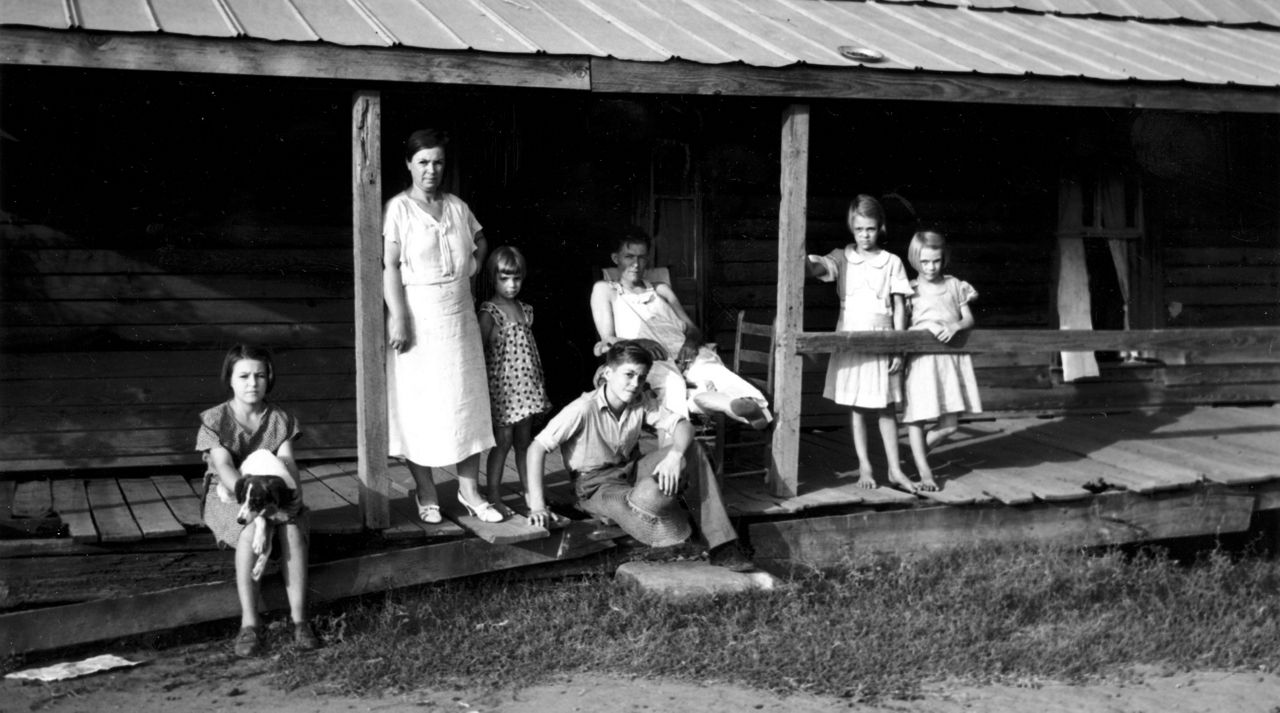NATIONWIDE – After the stock market crashed in 1929, waves of economic hardships followed, and Americans had to get creative with ways to deal with home life, as nearly a quarter of the U.S. was unemployed.
Roughly 26 million people have now filed for jobless aid in the five weeks since the coronavirus outbreak began forcing millions of employers to close their doors. About one in six American workers have lost their jobs in the past five weeks, by far the worst string of layoffs on record.
Economists have forecasted that the unemployment rate for April could go as high as 20 percent.
The enormous magnitude of job cuts has plunged the U.S. economy into the worst economic crisis since the Great Depression of the 1930s. Some economists say the nation’s output could shrink by twice the amount that it did during the Great Recession, which ended in 2009.
On top of the rise of unemployment, many Americans are cooped up at home due to nationwide stay-at-home orders to help stop the spread of COVID-19.
So, what did Americans do 90 years ago to cope with their day-to-day lives in their “new normal” similar to coping mechanisms used by Americans of today?
FOOD
As many of us have turned to our kitchens for an escape, a new hobby or even educational purposes, so did many families in the 1930s.
According to History.com, kitchen gardens, canning, and “thrift gardens” became popular activities. Not only did these things act as coping mechanisms but also helped others in the community who may not have not had the resources for nutritional foods.
GAMES
Board games such as Scrabble and Monopoly—both introduced during the 1930s—became popular. Families and neighbors got together to play card games as well.
Today, those games are still popular but activates like coloring books, puzzles and at-home science projects similarly align.
RADIO
By the 1930s, most middle-class families owned a radio so they tuned into comedy shows, sporting events, music and more.
Today, podcasts, music streaming services and good old YouTube are being taken advantage of during the pandemic.
According to Encyclopedia.com, the family dynamic changed drastically during the Great Depression as women left the house to work and so did young children, but the gathering of family became to many, a commonality.
As children are out of school and many parents are working from home, the gathering of family during this pandemic may represent a mirror image of Americans families from almost a century ago.
The Associated Press contributed to this story.



